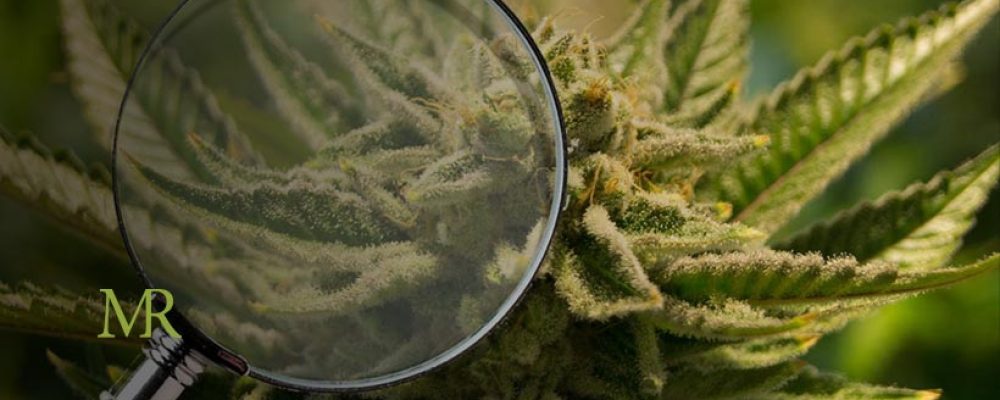Certified wine experts are sommeliers. For beer, they’re known as cicerones. So, what to call a certified expert in the finer points of marijuana?
Well, if the organizers of a first-of-its-kind cannabis certification program have their way, marijuana masters will be known as ganjiers.
Ganjier is also the name of the course on offer. According to Ganjier’s managing director, Derek Gilman, the purpose of the program is to foster a deeper appreciation of craft cannabis among industry professionals and consumers alike.
“My personal passion is cannabis connoisseurship. I’m really into the tools, the techniques, you know, elevating the enjoyment of your experience with cannabis. For me, it’s no different than people who enjoy a fine wine or a fine coffee or a fine chocolate,” Gilman said.
He notes that many marijuana dispensaries price their products according to THC content, which isn’t really the way it should be.
“Those epicurean industries I mentioned — alcohol, chocolate, coffee — they don’t measure quality based off of the alcohol content or the caffeine content. It’s the aroma, the flavor, the experience.”
The Ganjier program comprises both self-guided online courses and face-to-face training, after which students take a written test and two oral exams.
The curriculum includes the history and science of the plant, cultivation and processing methods, and the various ways its consumed, as well as extensive dives into providing customer service and conducting a sensory analysis.
The primary goal of marijuana customer service training is to help consumers find the right product for them according to their preferences and level of experience. Sensory analysis training teaches the students how to taste and identify flavors and aromas in cannabis flower and concentrates. This means studying terpenes and other elements of the plant that determine how it tastes and smells.
Aspiring ganjiers also learn how to assess bud quality in terms of its trichome structure and the presence of contaminants like mold and mildew.
Following the self-guided online courses, students take a two-day trip to the Emerald Triangle, the well-known marijuana cultivation region in California, to visit cannabis farms, learn about grow techniques and practice sensory analysis with professionals.
One of the challenges of a sommelier-like program for cannabis in the US is the huge discrepancies in cannabis markets, since it is regulated at the state-level. The same strain of marijuana can be very different depending on where it was grown and how, and since cross-border transport is not permitted by federal law, this can make standardized analysis difficult.
While marijuana employers don’t tend to insist on a cannabis-related certification, that could change in the future as the industry matures, especially if Congress moves to federally legalize marijuana. What’s most important for Gilman though, is to strive for improvements in the overall quality of cannabis products available on the market.
“The market has been flooded with commercial, mid-grade cannabis from these large producers with these huge commercial greenhouses or these large industrial indoor grows. It’s strangling the small farmer,” Gilman said. “Without a market that understands quality and without a market that values quality, there’s not going to be a market for craft cannabis much longer.”
The first Ganjier course launched in 2020, and the first batch of 36 students received their certifications in September, 2021. The next course is now open for enrolment.
The Ganjier certification program costs $2,997, with $699 payable upfront for the online courses. The remainder can be paid later for the in-person training and exams.


